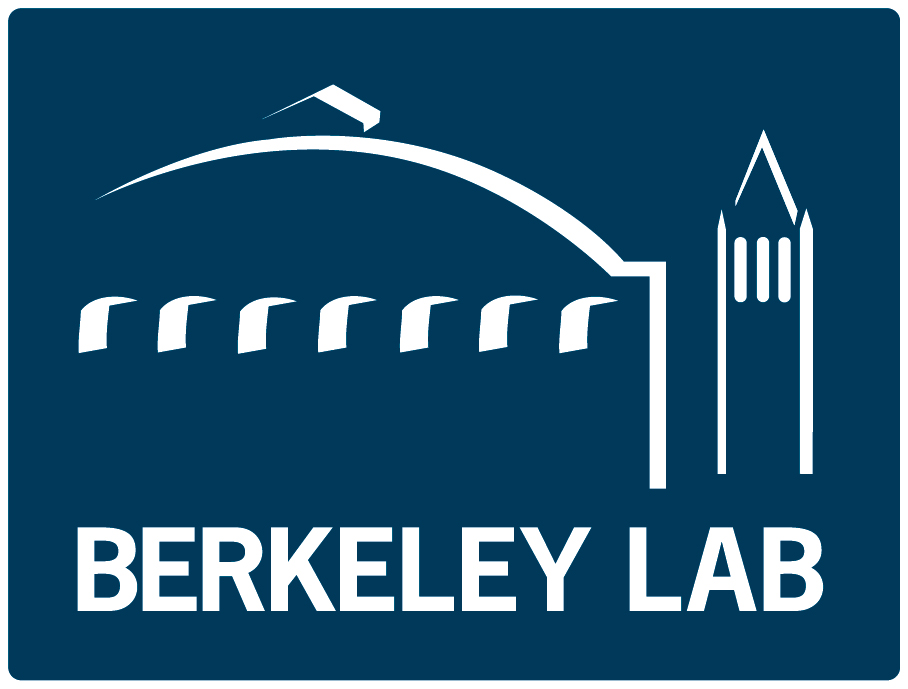A technology enabling self-assembly of block copolymer nanostructures, with feature sizes ranging from 5 nm to tens of nanometers, at room temperature in one minute, and compatible with any substrate, thus offering unprecedented versatility, precision, and manufacturing efficiency for the micro/nanoelectronics and semiconductor industries.
APPLICATIONS OF TECHNOLOGY:
- Nanopatterning for the semiconductor industry
- Fabricating next-generation nanoparticle-based data-storage systems, e.g., magnetic storage and plasmonic waveguides
ADVANTAGES:
- Fast, precise, and efficient — the only technology that allows the self-assembly of block copolymer (BCP) nanostructures in one minute at room temperature
- Versatile system works with any underlying substrate, regardless of its chemical and physical properties
ABSTRACT:
Researchers at Berkeley Lab have developed a technology that allows the rapid self-assembly of block copolymer (BCP) nanostructures in one minute, an order of magnitude improvement over previous BCP-based fabrication methods. Unlike competing technologies, the Berkeley Lab invention uses BCP-based supramolecules to quickly form ordered nanostructures with tunable feature sizes ranging from 5 nm to tens of nanometers. The technology is also compatible with other pattern-generation processes, such as printing and dip-pin lithography.
This approach will be affordable for industry to adopt for several reasons: 1) nanocomposite thin films can be prepared at room temperature, 2) BCPs can self-assemble with a high degree of long-range order and low defect densities, and 3) BCP nanostructures can be generated with any underlying substrate, regardless of its chemical and physical properties. The Berkeley Lab technology also reduces material and solvent usage and opens new routes to overcoming inherent challenges in generating random patterns using directed self-assembly (DSA) methods.
The micro/nanoelectronics, data storage, and semiconductor industries have relied on “top-down” lithographic techniques to pattern silicon surfaces for semiconductor device fabrication; however, these conventional lithographic approaches lack the resolution needed to reach the sub-10 nm scale in nanopatterning, a level of precision needed for advanced semiconductor technologies. Block copolymer (BCP) techniques are promising for high-resolution nanopatterning, but they currently lack the high fabrication speed needed to succeed at the mass industrial scale.
DEVELOPMENT STAGE: Benchscale prototype
STATUS: Issued U. S. Patent #9,488,908. Available for licensing or collaborative research.
SEE THESE OTHER BERKELEY LAB TECHNOLOGIES IN THIS FIELD:
Precise Control of Nanoparticle Self-assembly over Multiple Length Scales, JIB-2662
REFERENCE NUMBER: 2013-052
